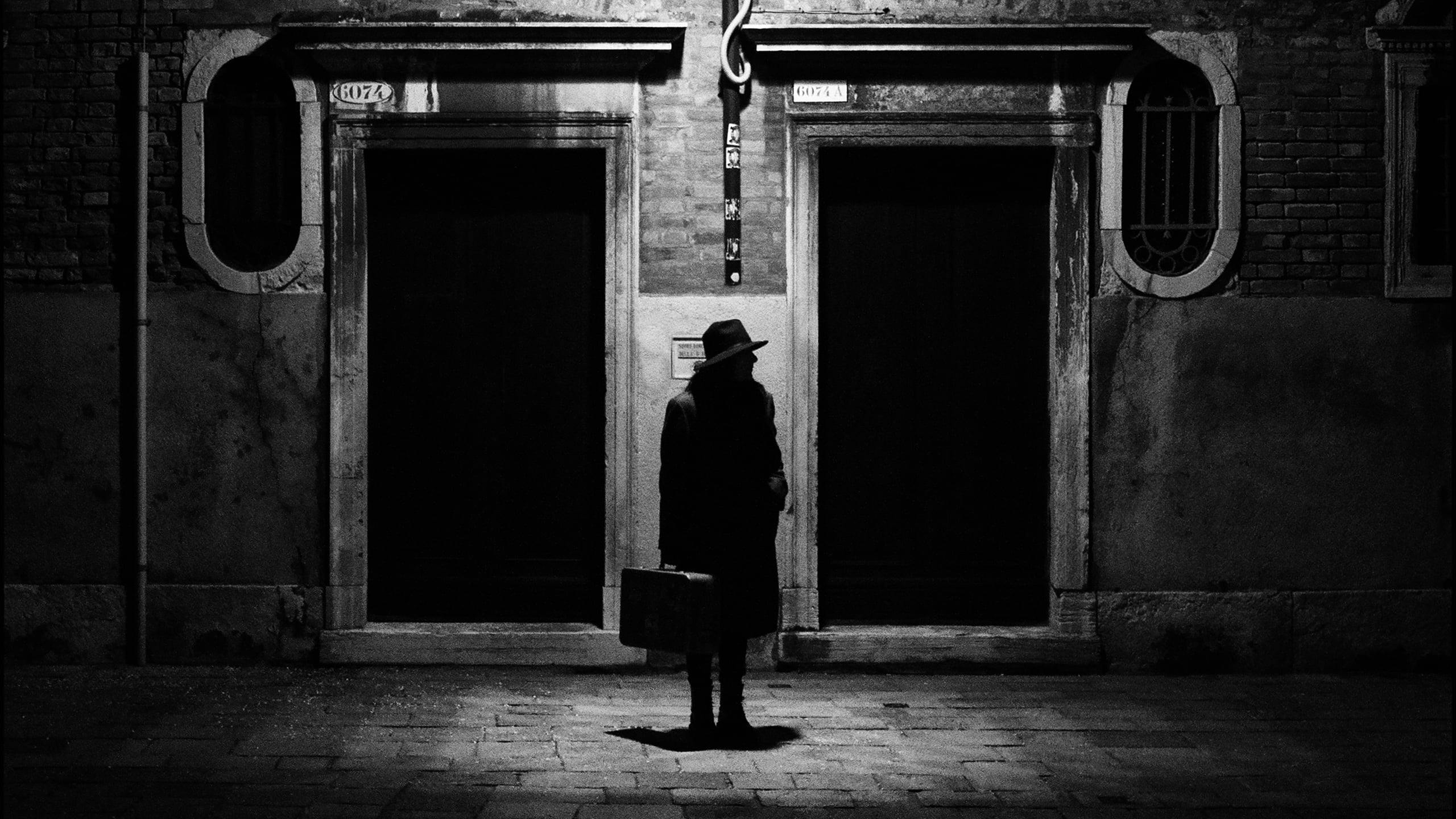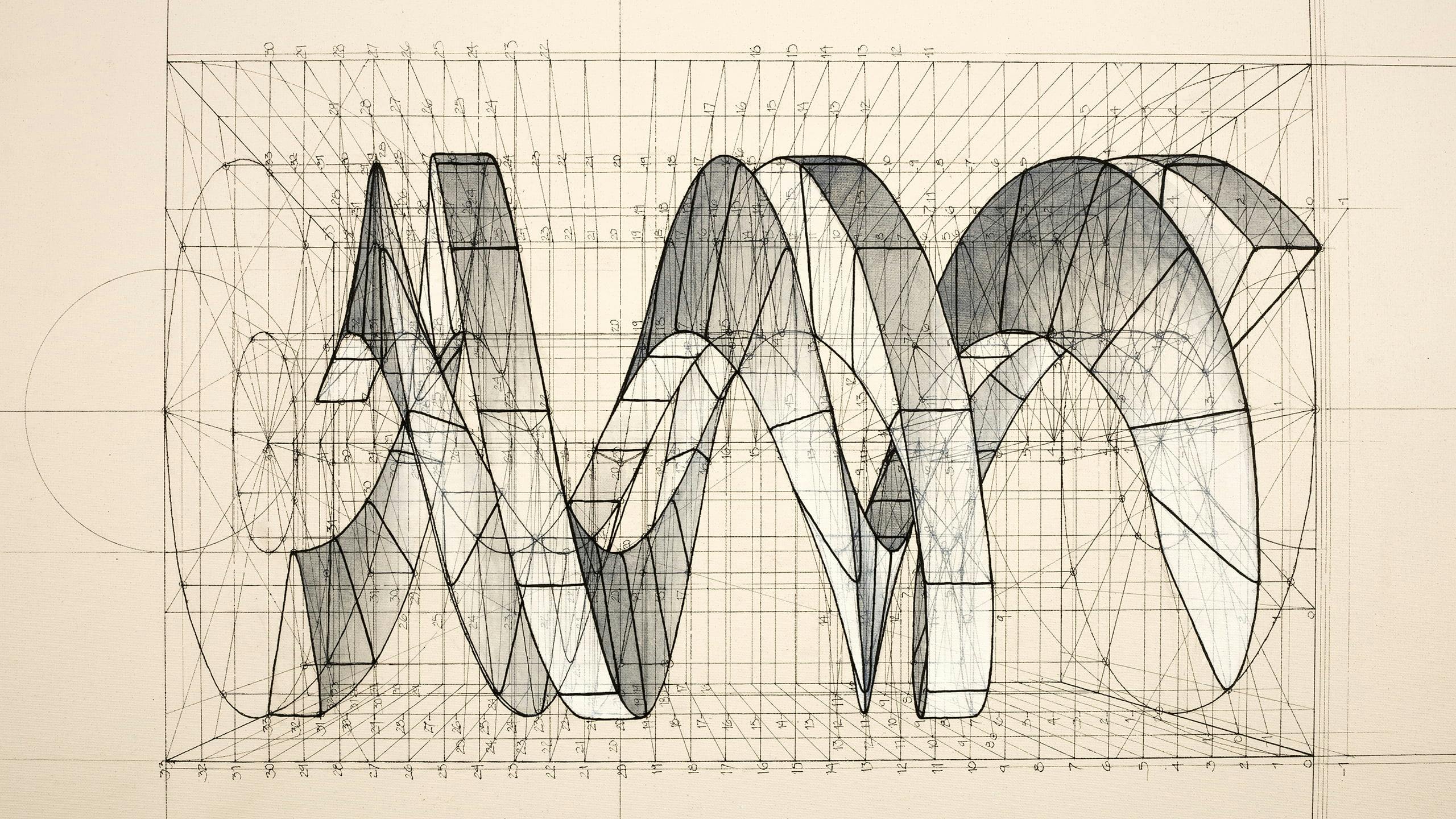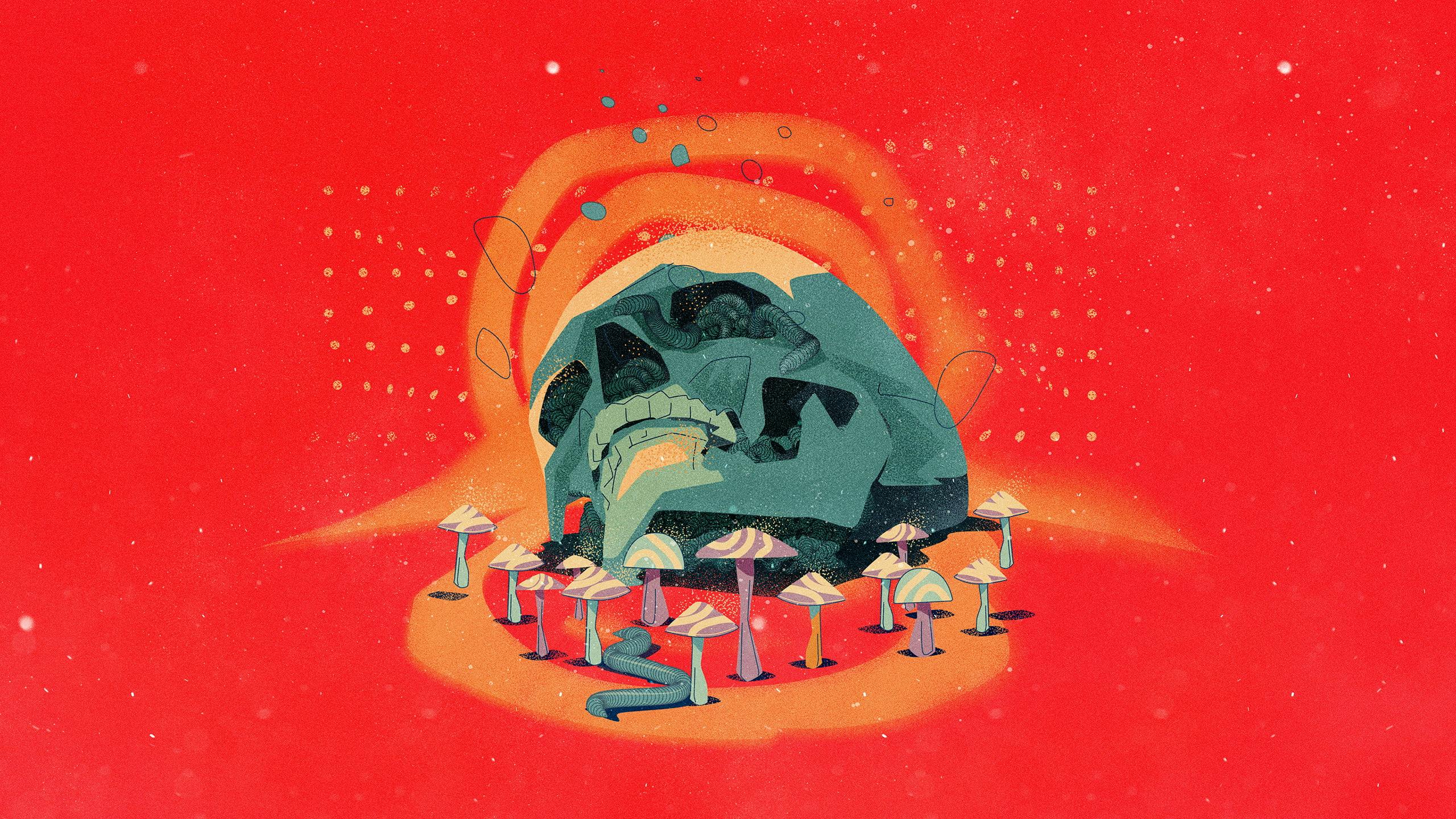Journey of the Soul
Timeless debate: skills vs passion?

Journey. Artist: Ando Fuchs
The film Wreck-It Ralph is about the bad guy in a video game who wonders if he can be a good guy instead — even though he was designed to be a bad guy because the video game needs one. And Ralph’s struggle is a common one; for many centuries, people have debated whether jobs should be chosen based on individual passion, or societal need. Early cultures mostly prioritized the latter. From ancient Indian culture to Confucian philosophy to Plato’s Republic, previous cultures believed that duty to society meant we should choose our careers to best use our skills to benefit society — regardless of what interested us.
Today, obviously, things are different. But are they better? Millennials in search of a job that matches their individual passions are constantly switching careers, three times as much as older generations. Part of the problem is that they don’t know what their passion is. One study in the US estimated that only 1 in 3 college graduates knew what career they wanted upon graduation, while the rest took 5-10 years to figure out what they wanted to do.
And this indecision does not come cheaply. Compared to earlier generations, millennials take longer to gain financial independence (30yrs vs 26yrs in 1980), have more student debt (42% vs 17% in 1989), and fully 50% of them are underemployed. And what’s most surprising is that after this big journey of indecision, most of them end up choosing a career based on their skills and how they can be put to the best use, rather than based on their passion.
So, is all this individual choice a waste? Should we accept that the ancients were right and push graduates into careers based on how their skills can best benefit society — especially now that we have accurate tests that can tell us what career is best suited to our skills? But that would ignore the fact that life is a journey of self-discovery. Wreck-It Ralph may have ended up at the same job he started at, but he was finally happy because he chose it himself. The journey of self-discovery may not be financially efficient, but you can’t put a price on happiness.
References
- The Division Of Labour And The Mainstream Theory Of The Firm
- A passionate Way Of Being: A Qualitative Study Revealing The Passion Spiral
- How Students Become Sprinters, Wanderers, And Stragglers
- Two-Thirds of College Grads Struggle to Launch Their Careers
- The Labor Market For Recent College Graduates
- Majority Of Americans Say Parents Are Doing Too Much for Their Young Adult Children
- Key Facts About Student Debt In The United States




Responses